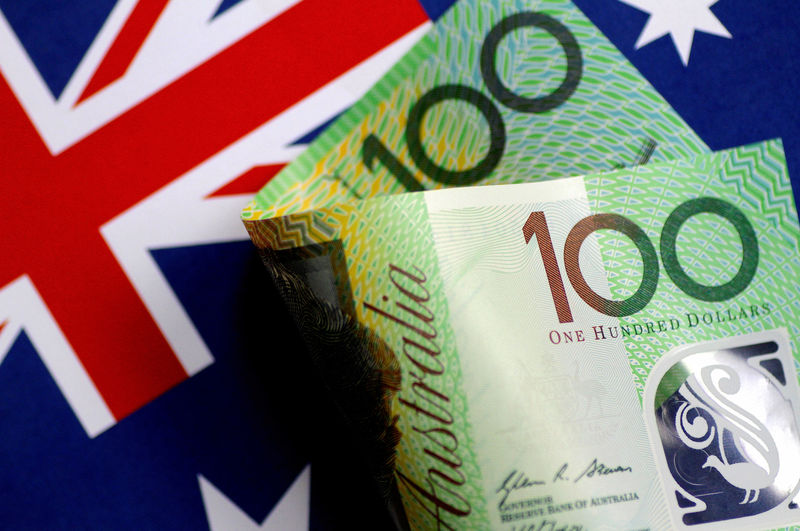Armis and Fortinet expand partnership with 8+ security integrations
Investing.com-- Australian consumer inflation edged past expectations in the third quarter as a recent spike in oil prices factored into higher fuel costs, feeding bets that the Reserve Bank will have more cause to hike interest rates.
Consumer price index (CPI) inflation grew 1.2% in the third quarter from the prior quarter, data from the Australian Bureau of Statistics (ABS) showed on Wednesday. The reading was above expectations of 1.1%, and the prior quarter’s growth of 0.8%.
Year-on-year, CPI inflation grew 5.4% in the quarter, compared to expectations of 5.3% and the second quarter reading of 6%.
A monthly indicator showed that CPI inflation grew 5.6% in September, more than expectations of 5.3% and accelerating from the 5.2% seen in August.
Fuel costs were by far the biggest contributor to the rise in inflation, tracking a spike in global oil prices over the past quarter. Automotive fuel costs rose 7.2% in the third quarter.
Dwelling costs also grew at a steady clip, as did electricity rates. But food costs appeared to have stabilized after a series of strong quarterly gains.
Wednesday’s reading was still comfortably above the Reserve Bank of Australia’s (RBA) 2% annual target, with the bank only expecting inflation to cool substantially by late-2025.
While the central bank has kept rates on hold since May, it has still left the door open for more hikes, especially if the inflation outlook points to the upside.
Wednesday’s data follows a warning from RBA Governor Michele Bullock earlier this week that there remained risks related to sticky inflation, and that interest rates will likely need to rise further in order to curb high price pressures.
The Australian dollar rose 0.4% after the inflation reading, indicating that traders were pricing in a greater chance of an upcoming hike.
The RBA raised its benchmark cash rate by 400 basis points since May 2022, which made some headway in curbing overheated inflation.
But a tight job market and disruptions in global commodity prices have somewhat stymied the RBA’s efforts to swiftly curb inflation. Australia’s economy has also remained relatively resilient through the sharp increases in interest rates.
The RBA is now set to meet in early-November.
